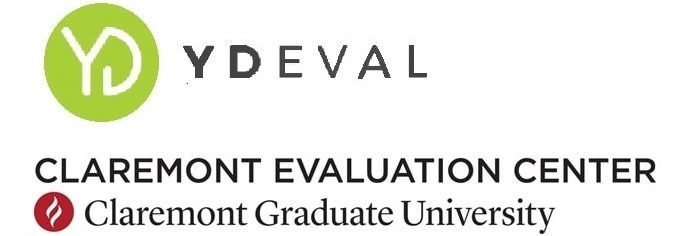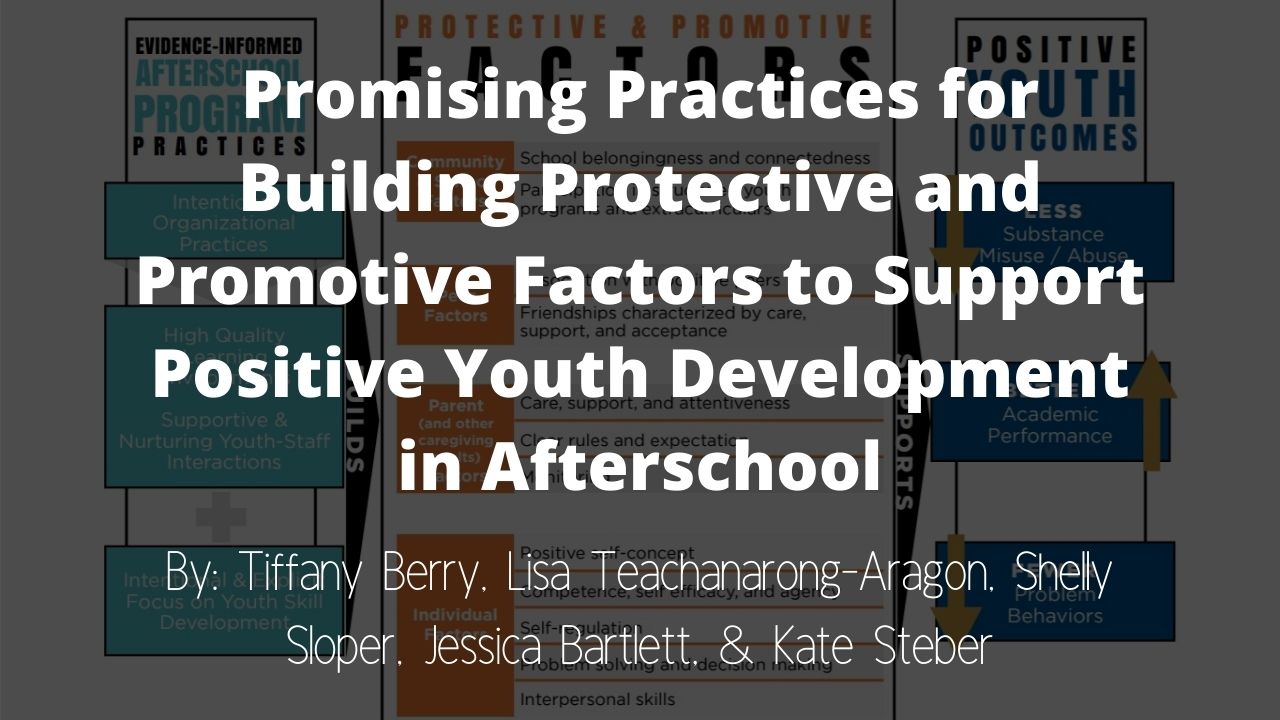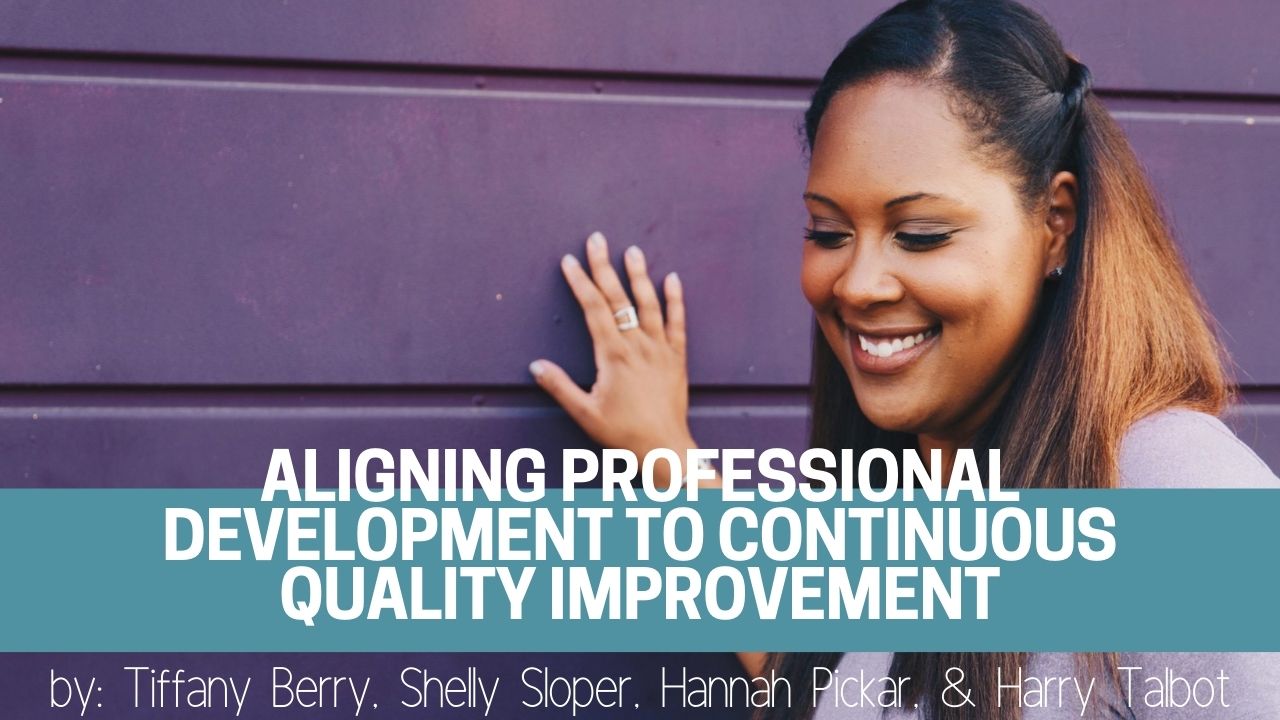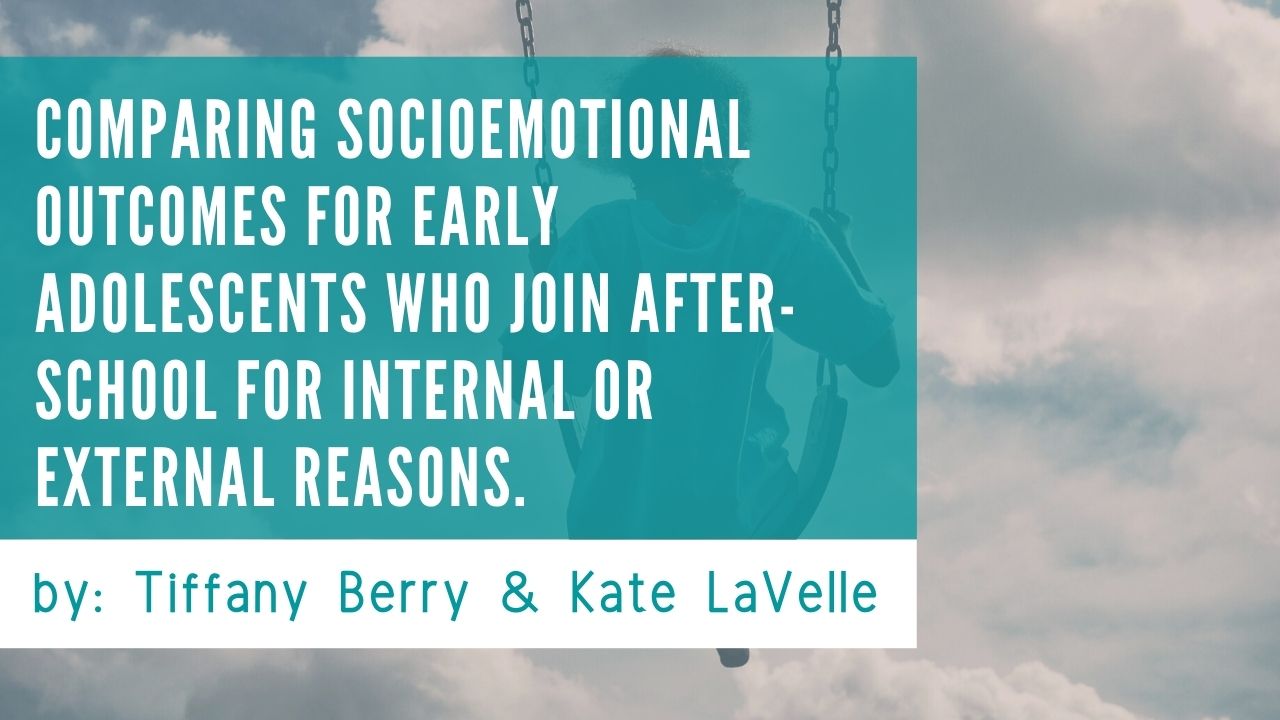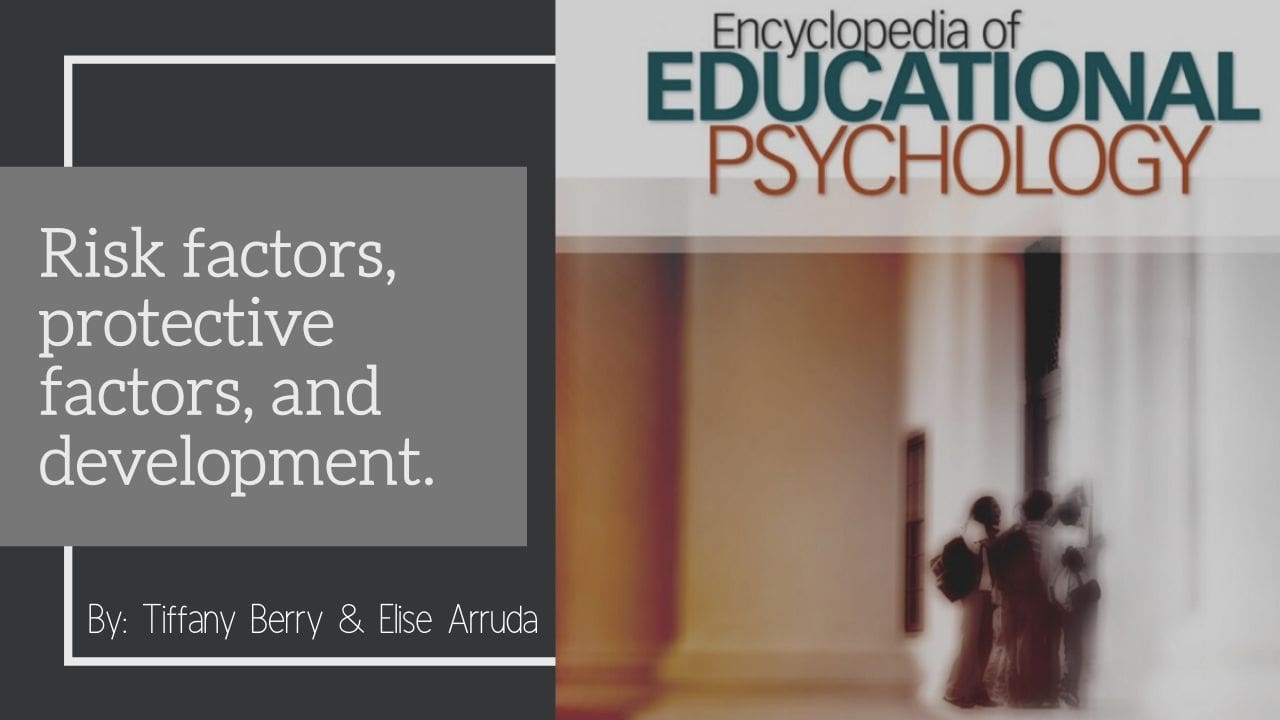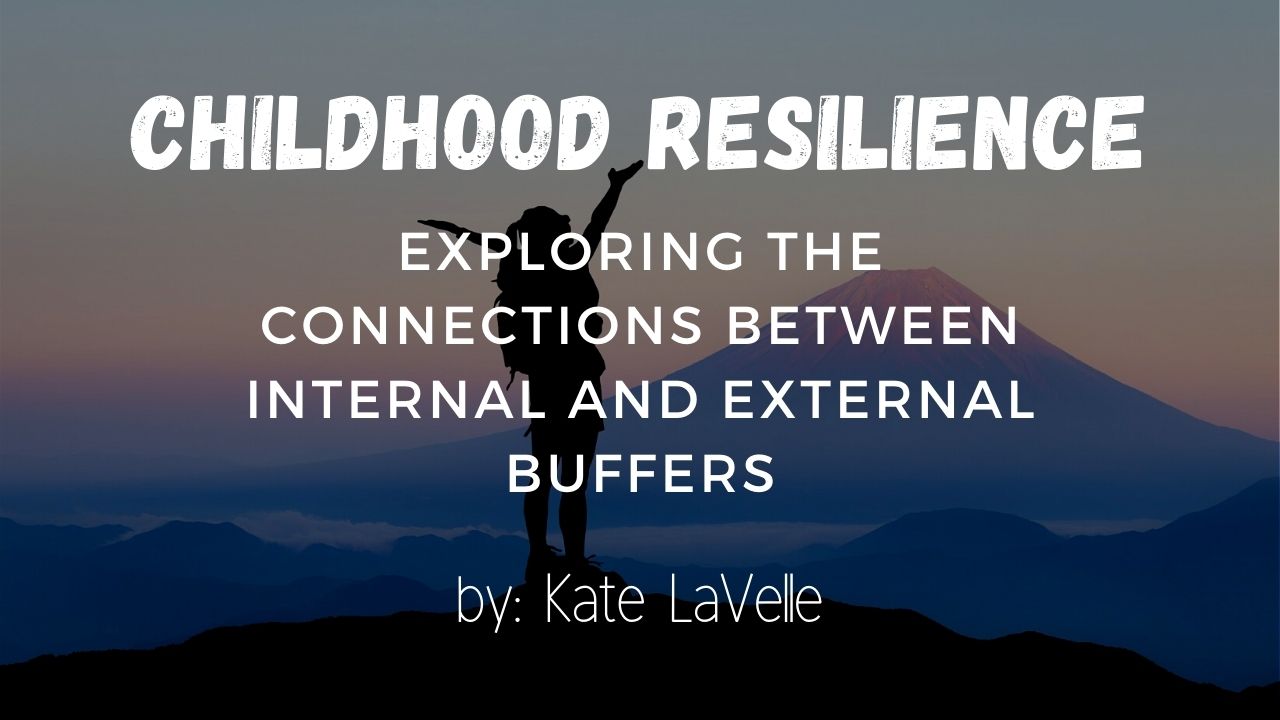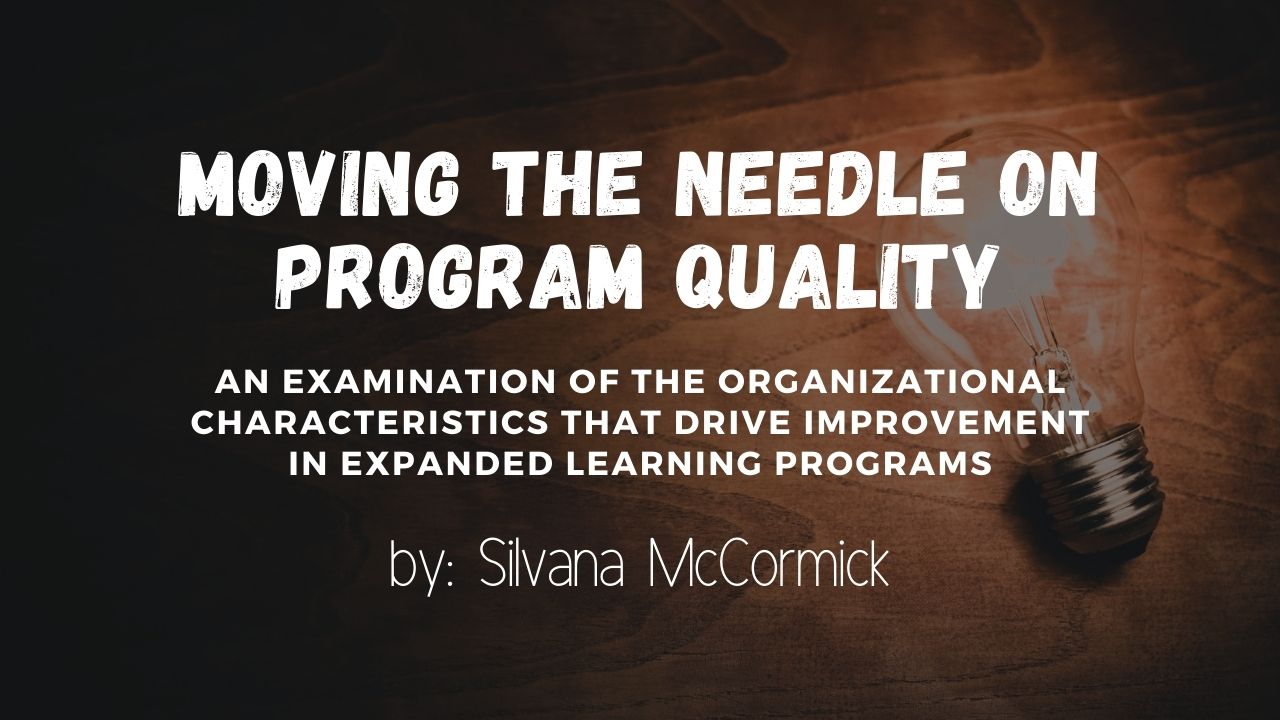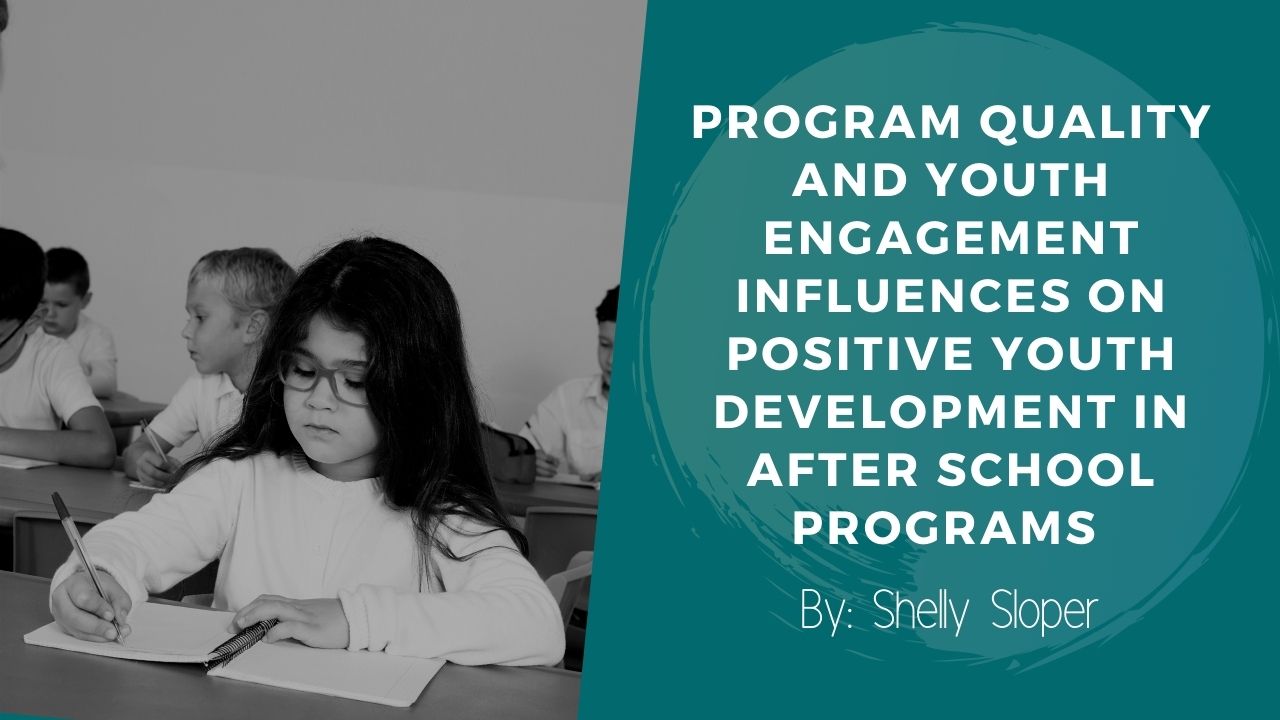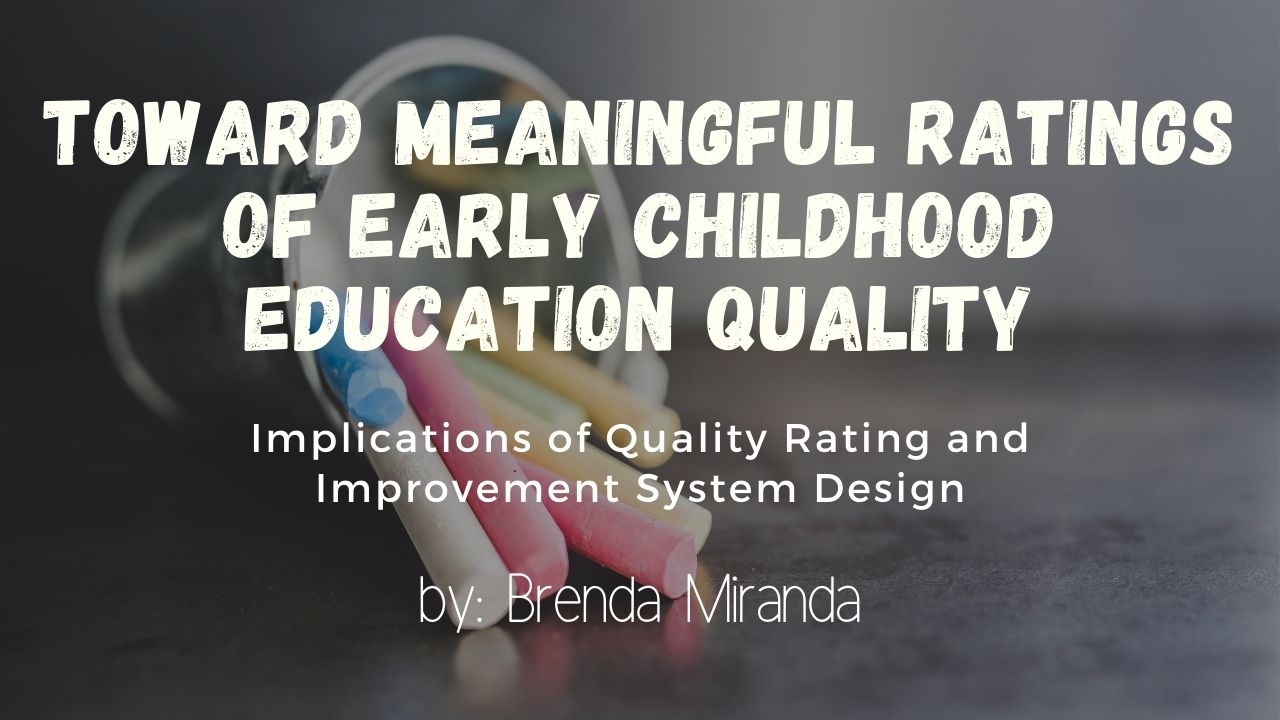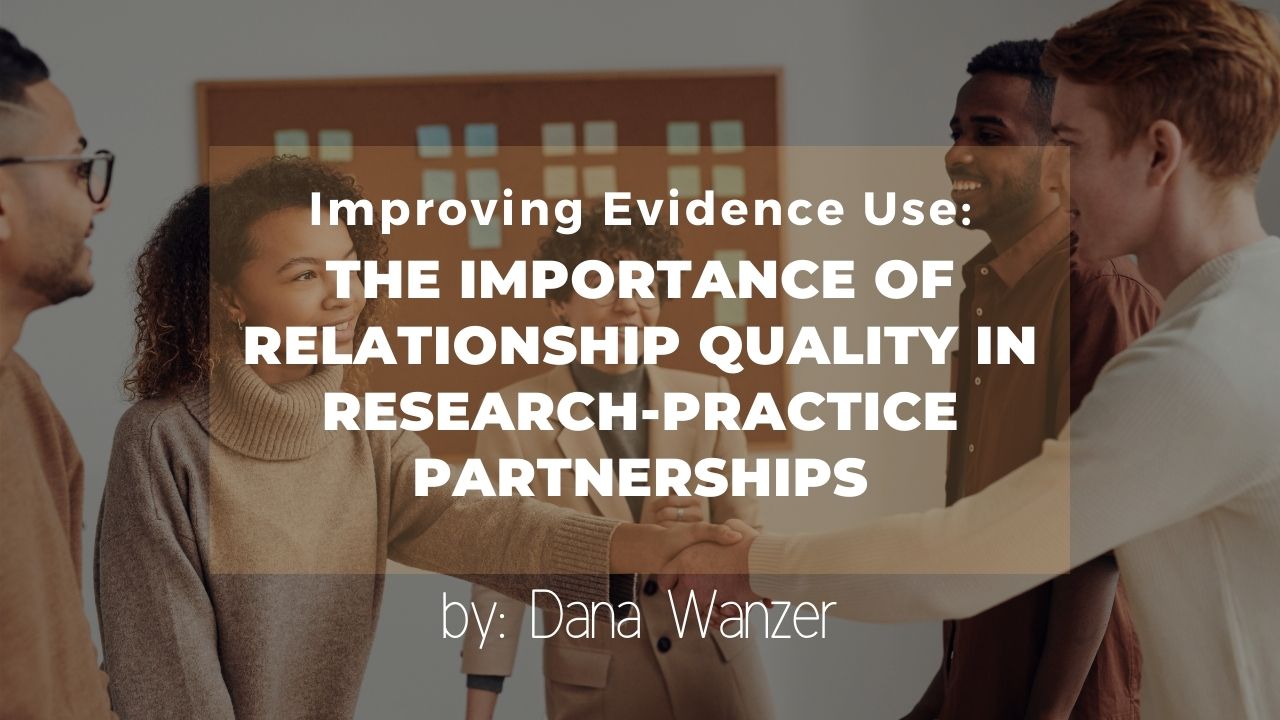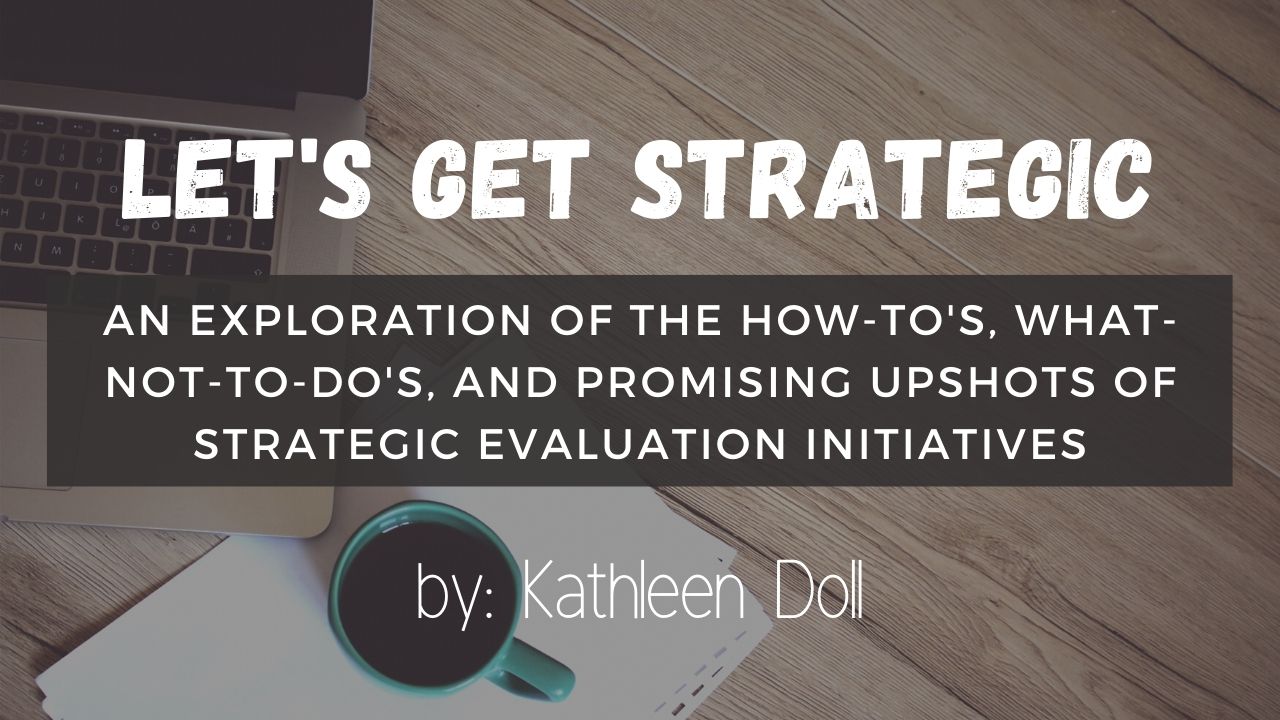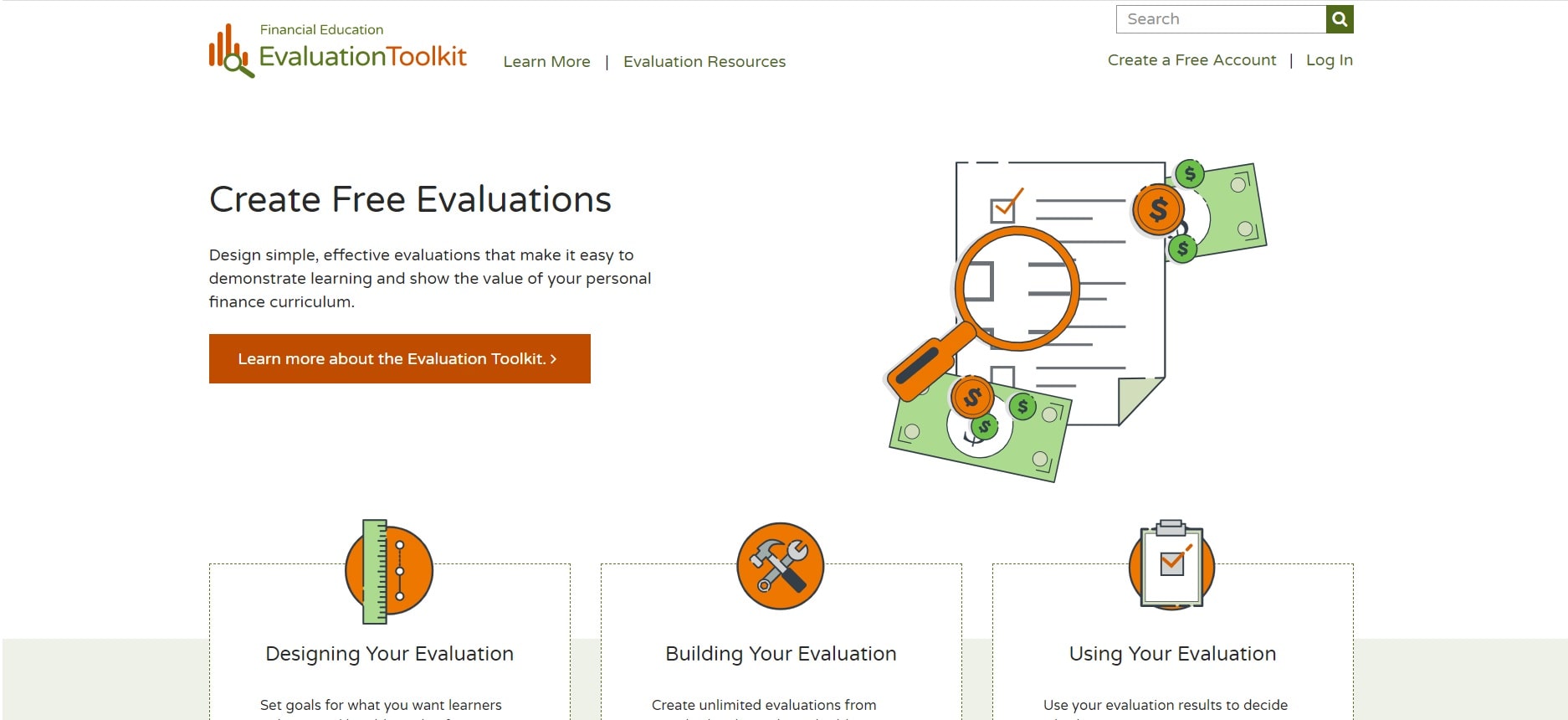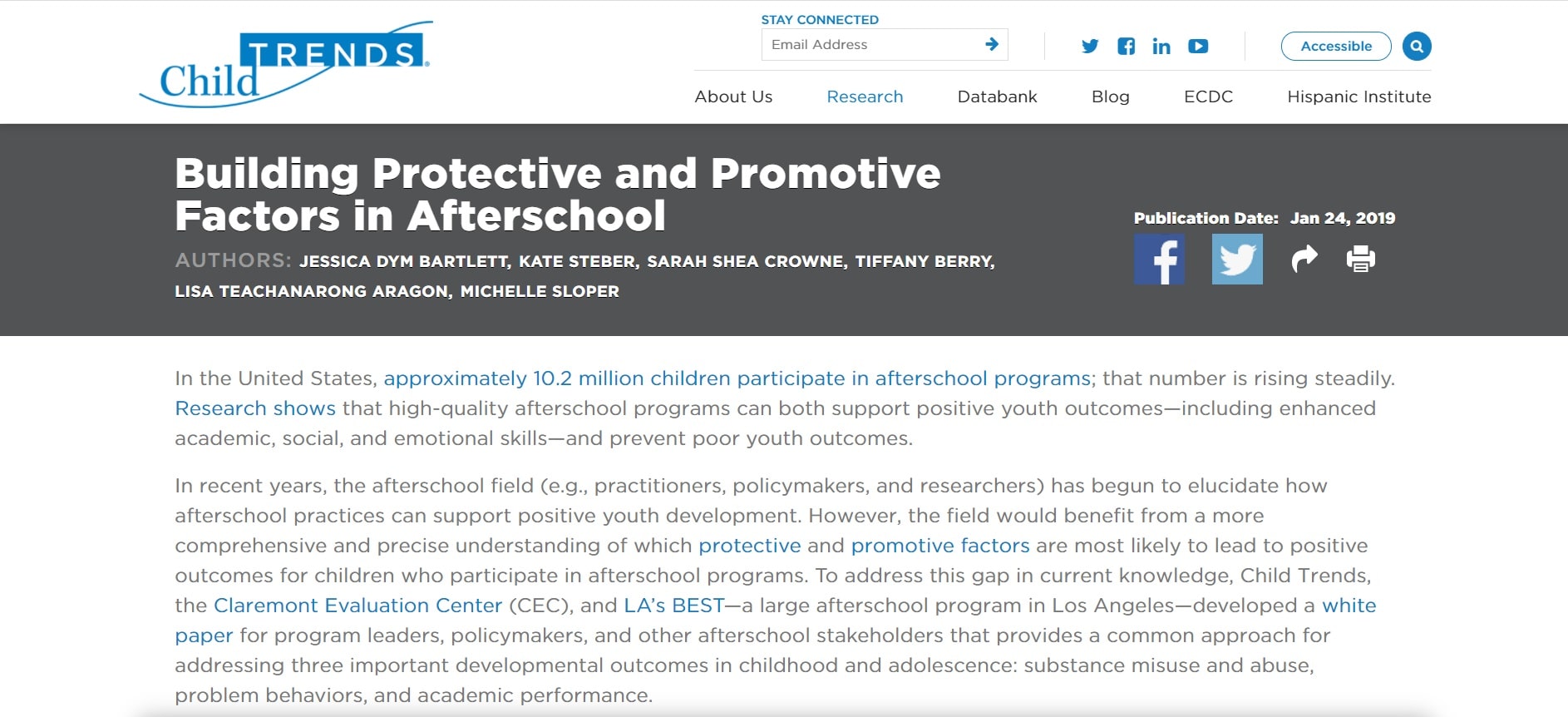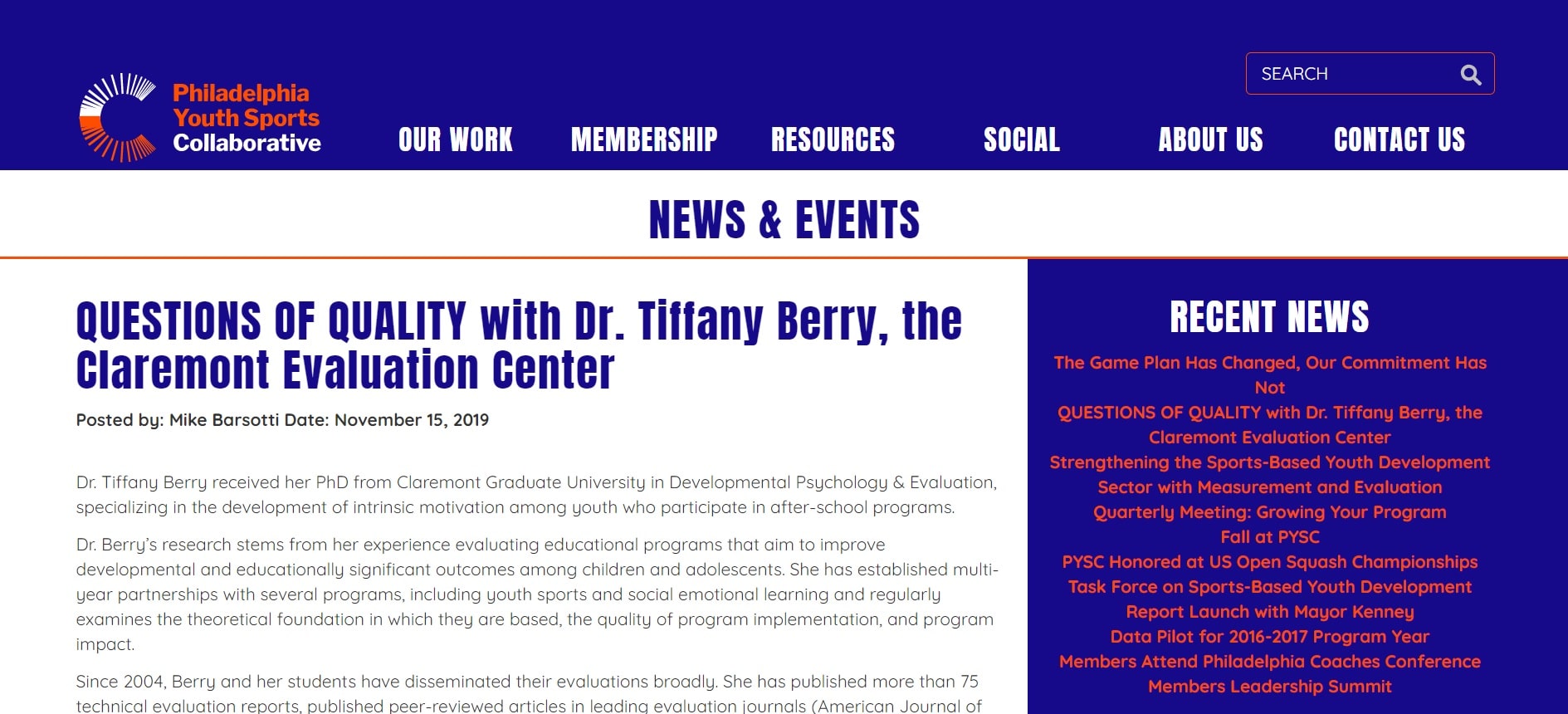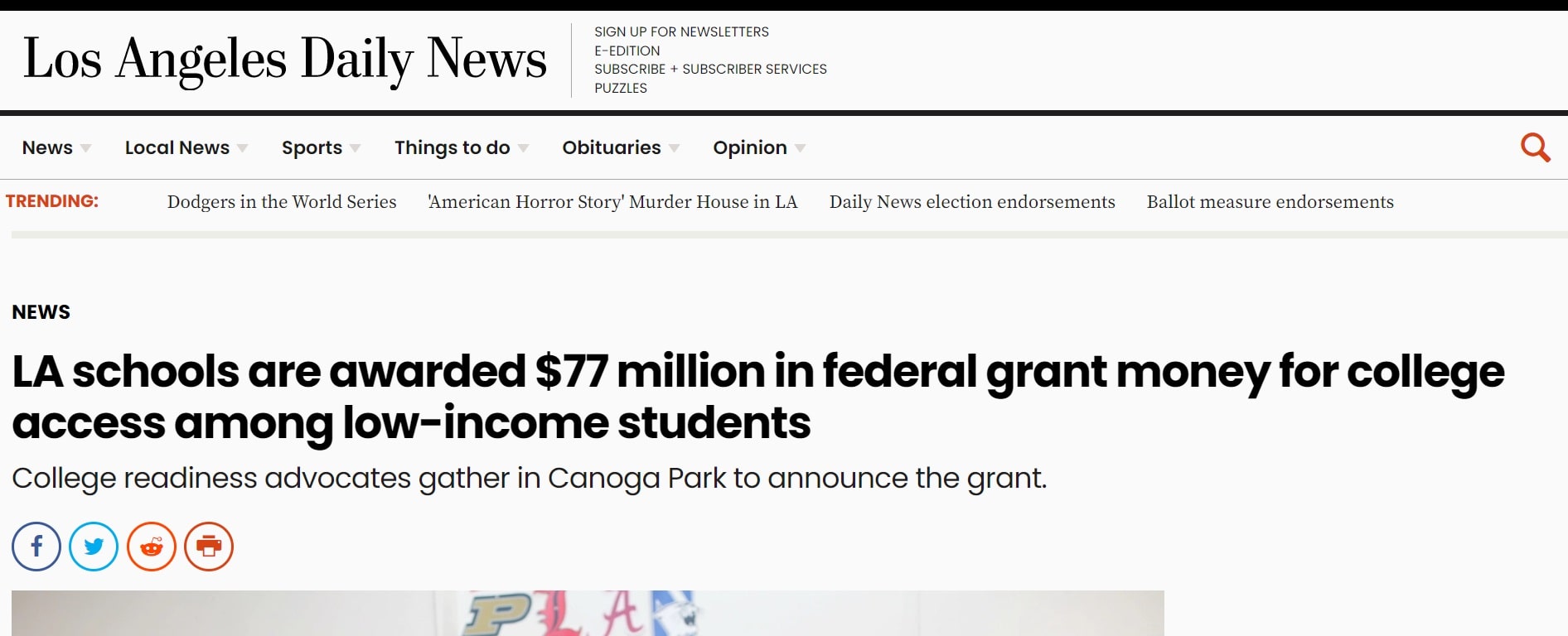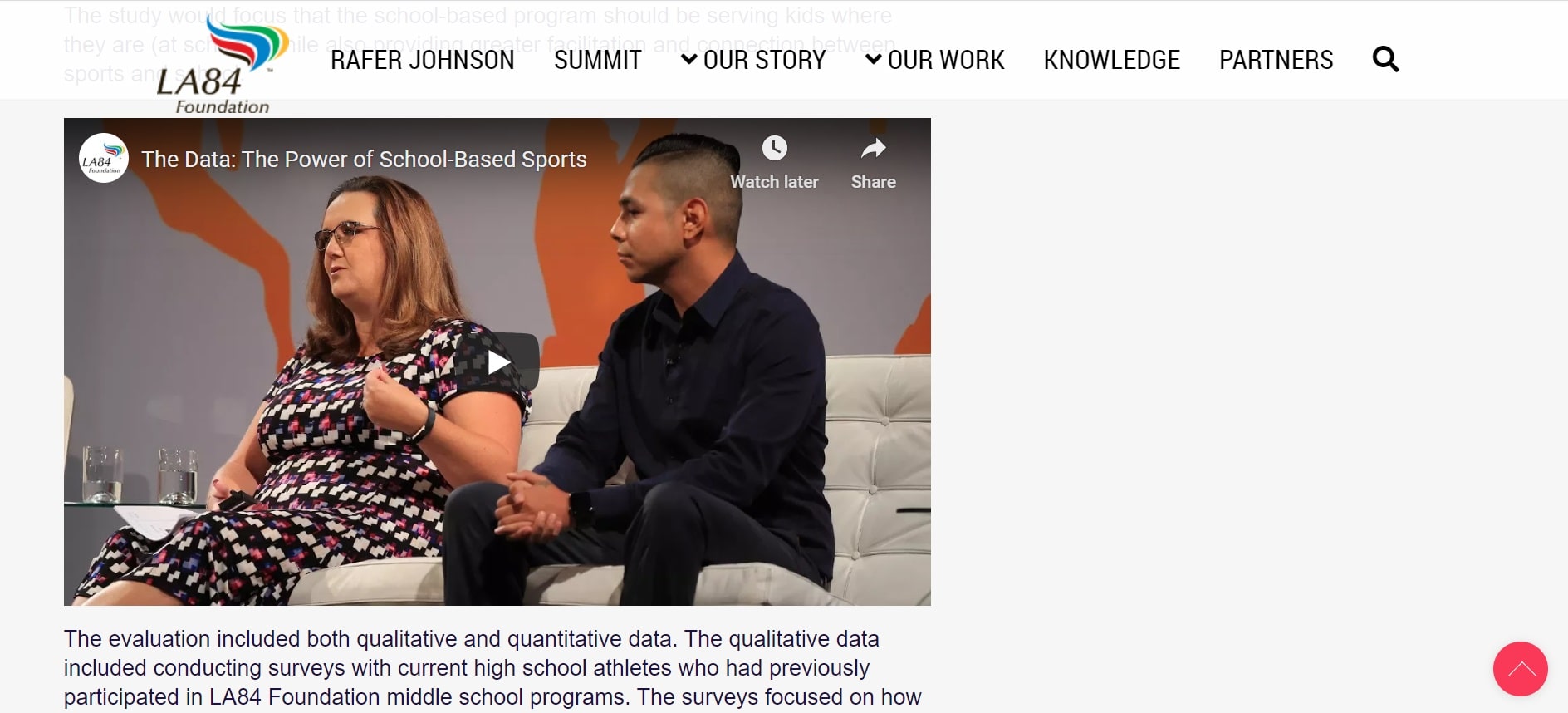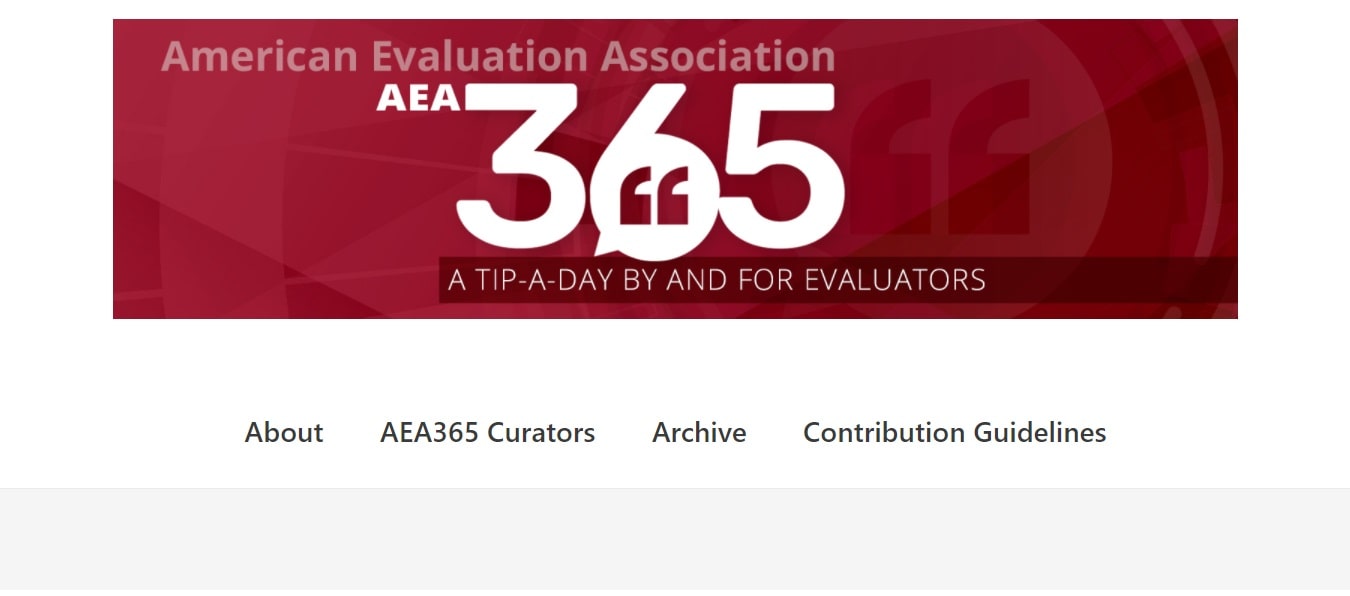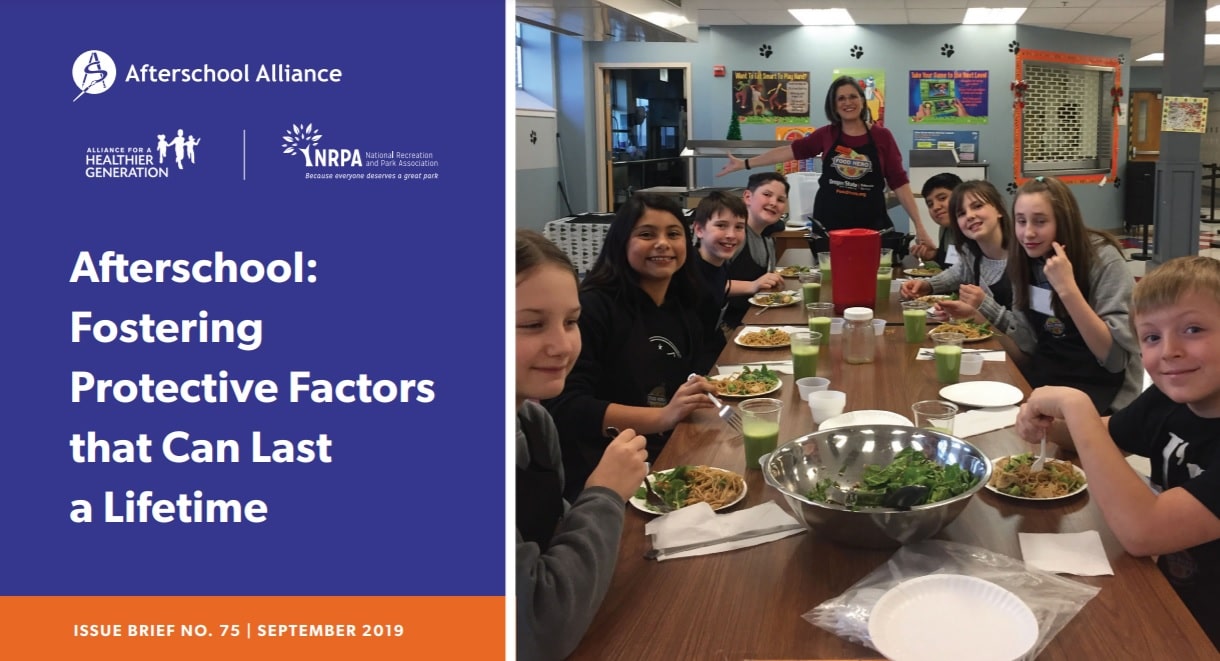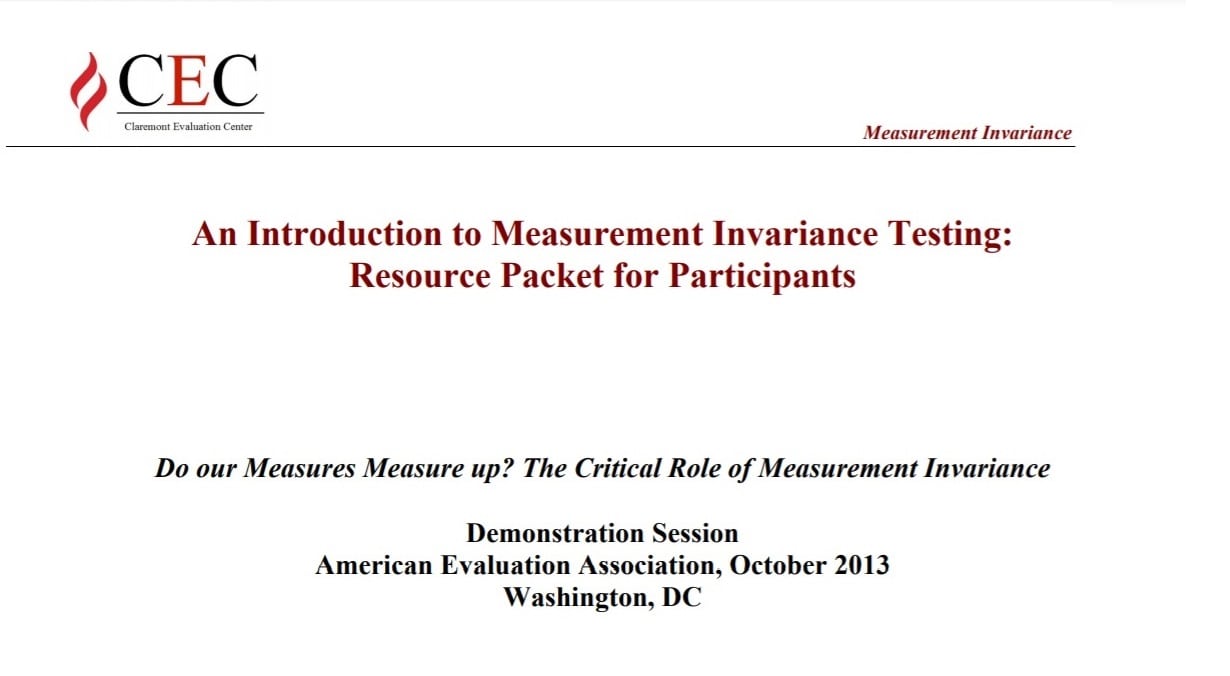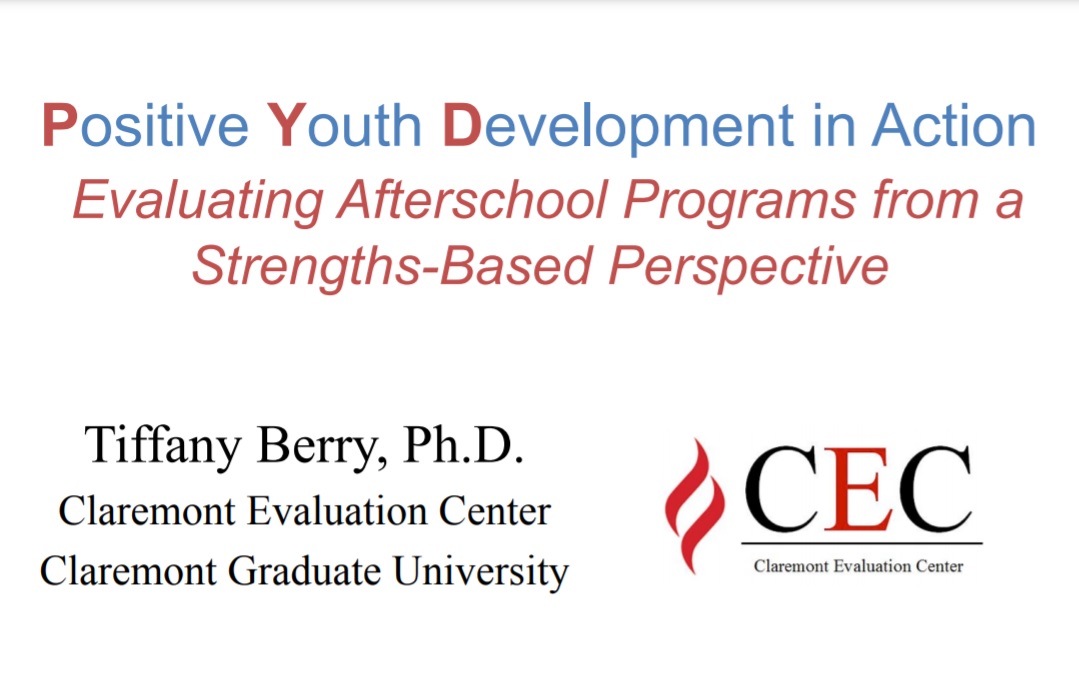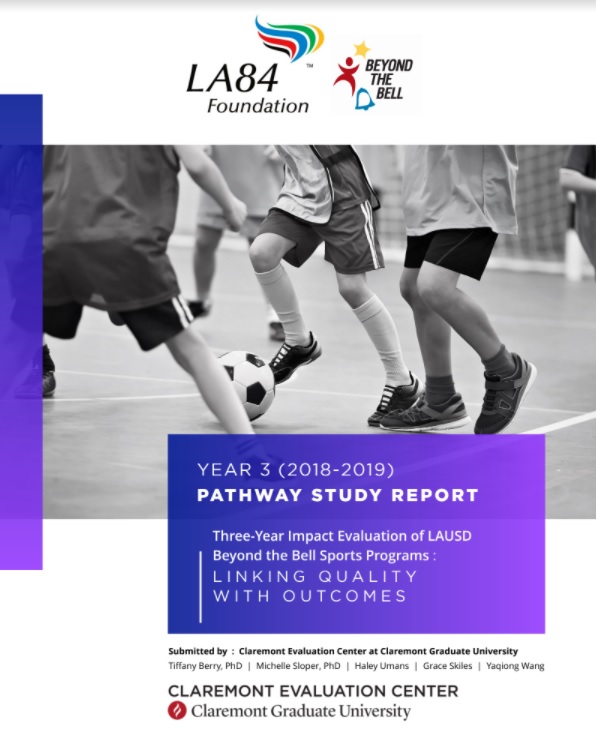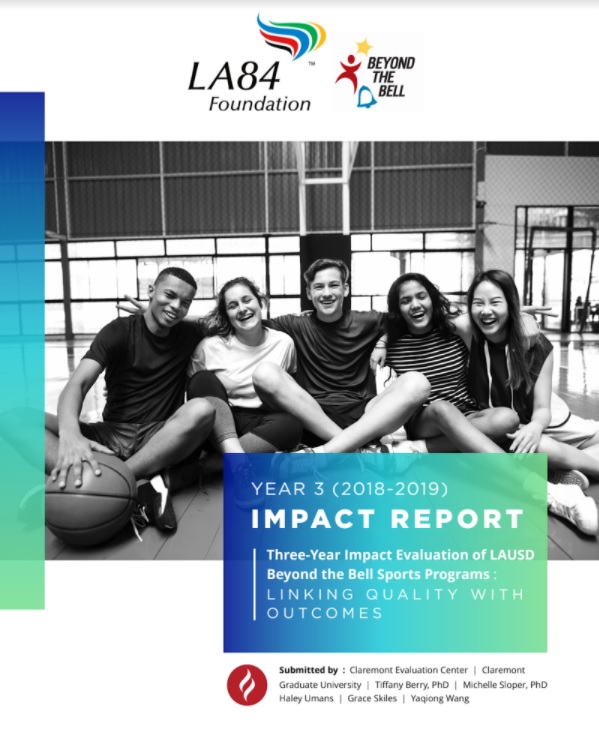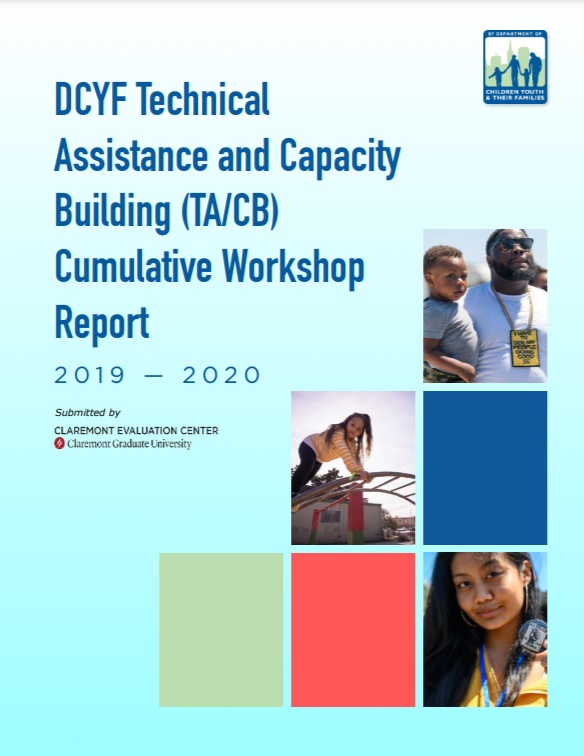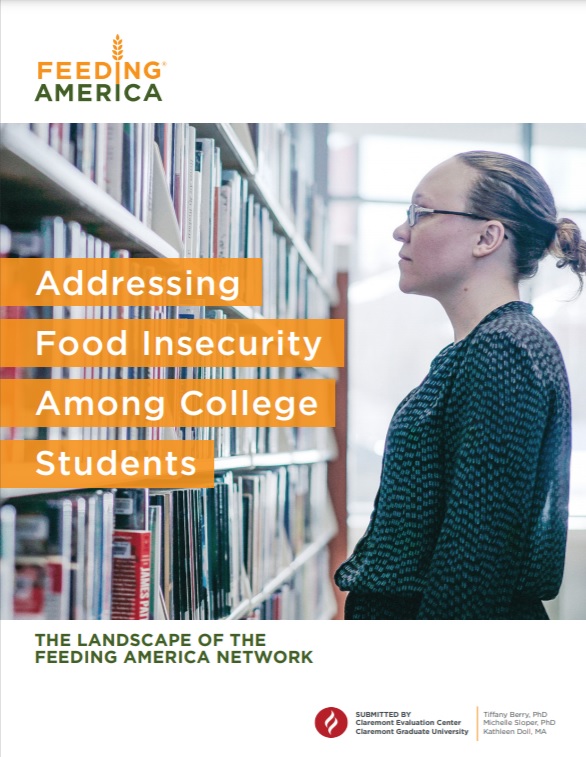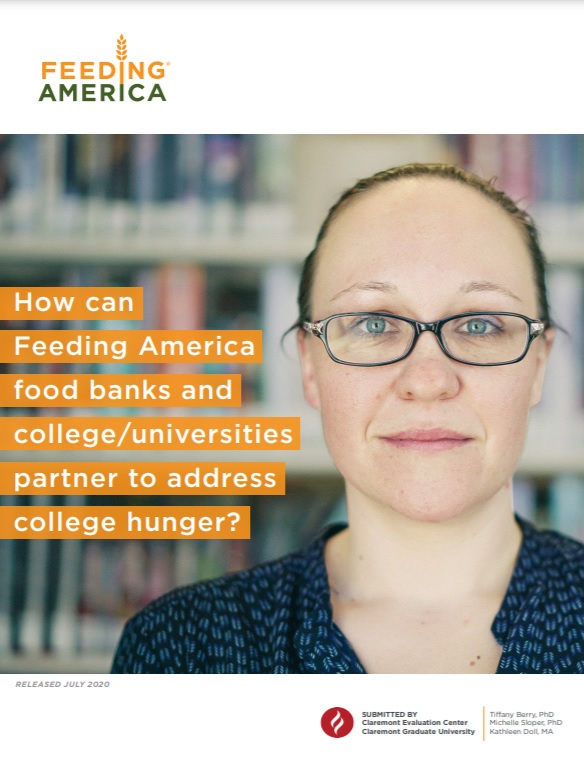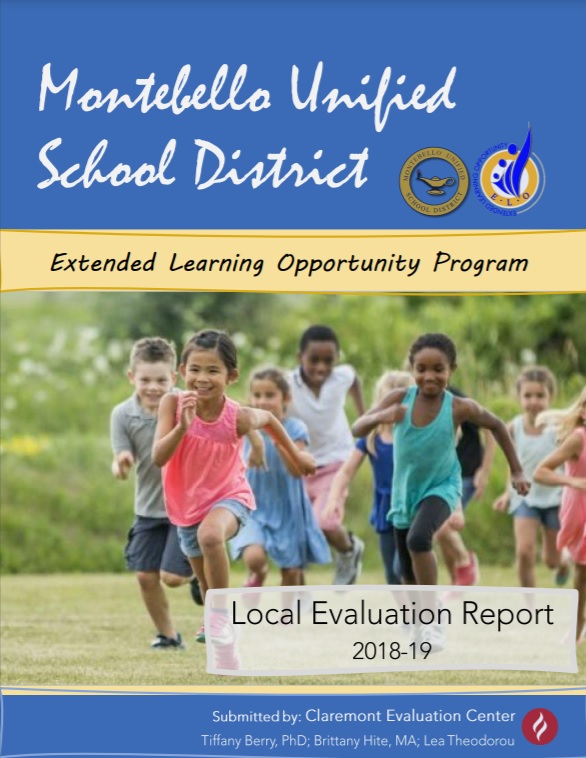YDEval conducts a variety of research in affiliation with Claremont Graduate University including research in positive developmental psychology, research on evaluation, and translational research aimed at bridging the gap between research and practice. Selected publications, conference presentations, and dissemination briefs are highlighted below. If any of the following titles catch your eye, click on the picture to learn more.
To navigate to a certain spot on this page, please click the links below.
Selected Academic Publications
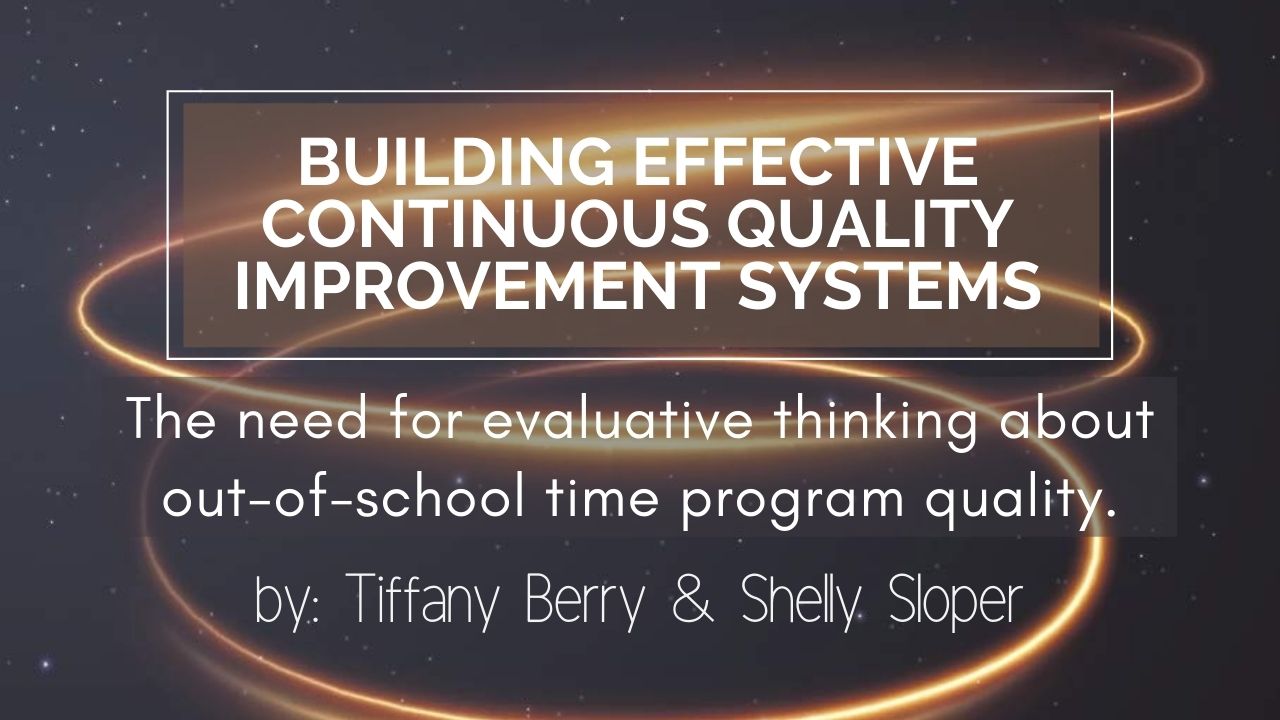
Berry, T., & Sloper, M. (2020). Building effective continuous quality improvement systems: The need for evaluative thinking about out-of-school time program quality. In C. Newhouse & C. Russell (Eds.). Measure, Use, Improve! Data Use in Out-of-School Time. Information Age Publishing.
In this book chapter, Tiffany Berry and Shelly sloper discuss why evaluative thinking should be an essential component to Continuous Quality Improvement (CQI) frameworks and offer suggestions about how to establish and plan CQI systems that explicitly encourage evaluative thinking and address the complexities of program quality.
Berry, T., Teachanarong-Aragon, L., Sloper, M., Bartlett, J. D., Trends, C., & Steber, K. (2018). Promising Practices for Building Protective and Promotive Factors to Support Positive Youth Development in Afterschool.
This White Paper was developed by YDEval, in collaboration with Child Trends, for the “Protective Factors Afterschool” Project, initiated by the LA’s BEST afterschool enrichment program. The overarching goal of this White Paper is to demonstrate—through a comprehensive review of academic research—how afterschool programs can build protective and promotive factors associated with supporting positive development in youth.
Berry, T., Sloper, M., Pickar, H., & Talbot, H. (2016). Aligning Professional Development to Continuous Quality Improvement: A Case Study of Los Angeles Unified School District’s Beyond the Bell Branch. International Journal for Research on Extended Education, Special Issue: Extended Education: Professionalization and Professionalism of Staff, 4.
In this journal article, Tiffany Berry and her team present a case study of a preliminary continuous quality improvement (CQI) system at Beyond the Bell of the Los Angeles Unified School District. In particular, they discuss the components of a CQI system (i.e., strategic planning, development of tools, staff development, and data use) and reflect on important organizational factors that promote CQI.
Berry, T., & LaVelle, K. B. (2013). Comparing socioemotional outcomes for early adolescents who join after school for internal or external reasons. The Journal of Early Adolescence, 33, 77-103. doi:10.1177/0272431612466173
In this research article, Tiffany Berry and Kate Lavelle drew upon Self-Determination Theory and tested whether students’ reason to join an after school program related to proximal and distal socioemotional outcomes in 277 low-income, early adolescents participating in an after school program. Compared to other-joined students, self-joined students demonstrated significantly higher autonomy, self-efficacy, and prosocial behaviors both initially and over time.
Berry, T. & Arruda, E. (2008). Risk factors, protective factors, and development. In N. Salkind (Ed.), The Encyclopedia of Educational Psychology. New York: Sage Publications.
Although there are hundreds of books about different topics in education, most of the available information tends to be found in scholarly books and scholarly journal articles – usually out of the reach of the everyday person. The purpose of this multivolume Encyclopedia of Educational Psychology is to share this information in a way that is above all, informative without being overly technical or intimidating. Risk and protective factors are touched on in this entry through a discussion of the factors that either enhance or reduce the likelihood of negative outcomes.
Berry, T., Sloper, M., Hite, B., & Umans, H. (under review). The role of evaluation theory and practice in narrowing the research to practice gap. American Journal of Evaluation
In this thought piece, Tiffany Berry and team discuss the evaluation field’s responsibility to help bridge the gap between research and practice. They explain the research-to-practice gap, discuss previous solutions across fields (health care, business management, education, etc.), and discuss the evaluation field’s unique position to narrow this gap. Through this piece, evaluators are called to action. Strategies are provided to ensure evaluators are conducting their work in a manner that would aid in this cause.
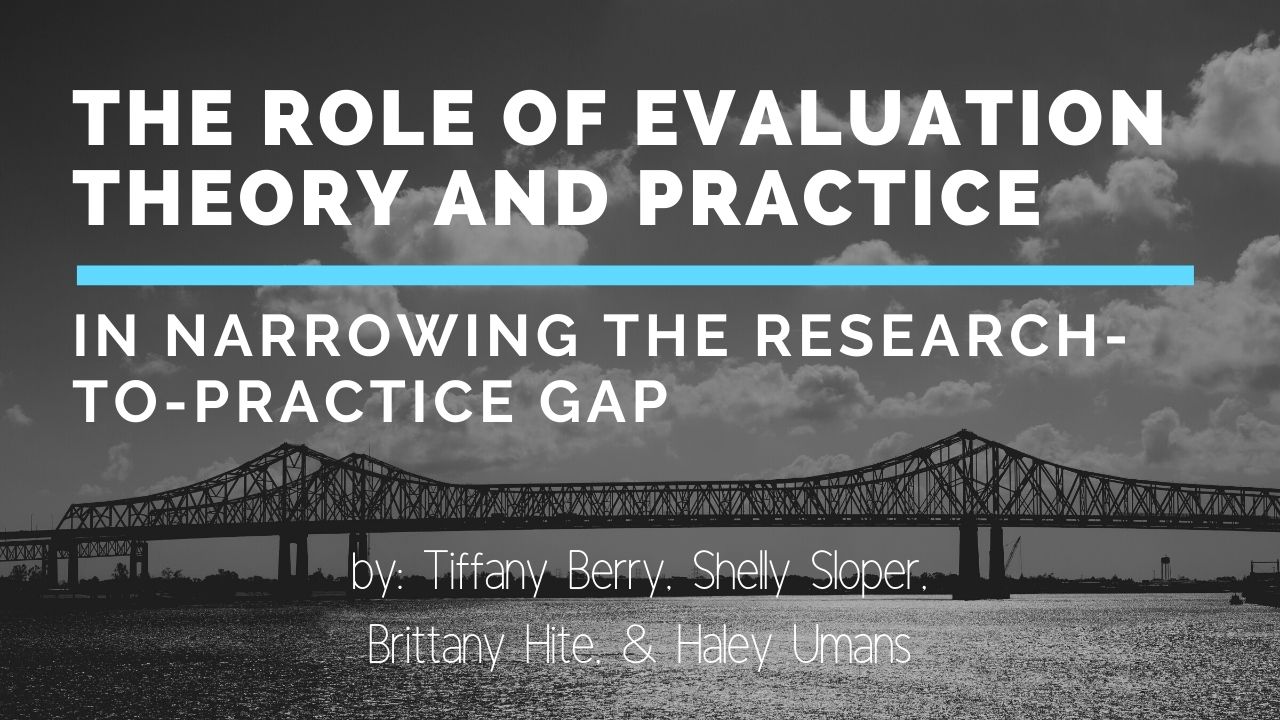
Dissertations from the Lab
Below are dissertation projects completed by previous PhD students who worked in the Youth Development Evaluation lab. If you are interested in reading more about any of these topics, click on the picture and it will take you to their research!
Around the Web
Some of our evaluation partners have made our work publicly available for a broader audience online – whether that be through a news article, a toolkit we created, or being featured in an external blog or newsletter. Below are some highlighted links to see examples of our work, as distributed through our partners’ websites.

